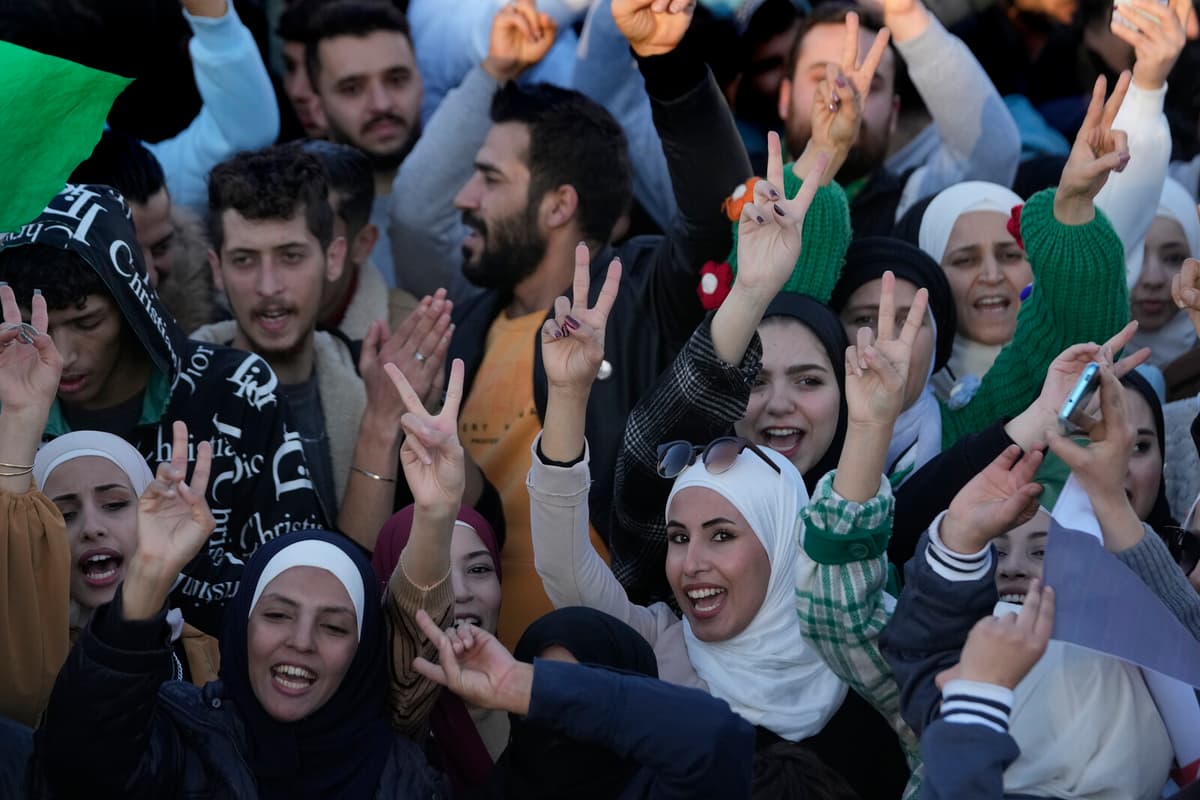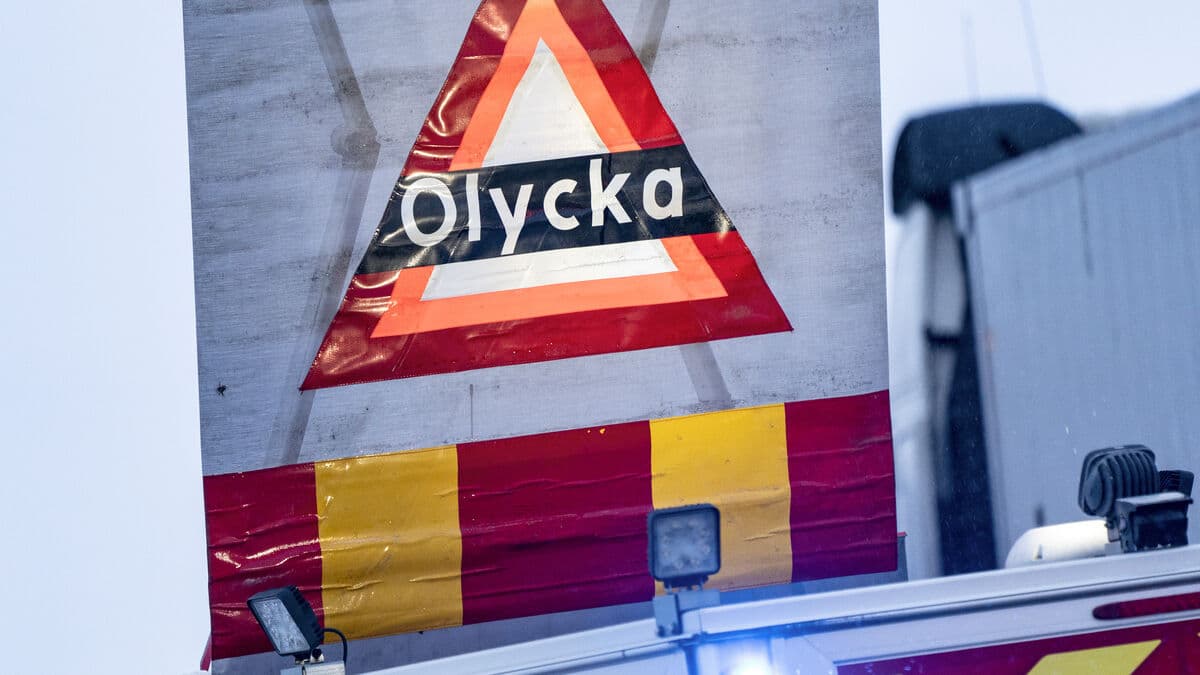For the first time since 2012, the French flag is waving from the country's embassy in Damascus. France's envoy to Syria says that the French "stand with the Syrians" during the transition period after Bashar al-Assad's fall.
We hope it will be peaceful, says envoy Jean-François Guillaume, whose delegation arrived in Damascus on Tuesday, about the time ahead.
The EU's foreign chief Kaja Kallas says at the same time that the union is ready to reopen its delegation office in Syria. The EU office has been managed from Beirut, Amman, and Brussels since 2012.
This is a very important step, to reopen the delegation in Syria, says Kallas in the EU Parliament and continues:
We cannot leave a vacuum in Syria. The EU must be on the spot.
Meloni: Promising
Germany is also sending a delegation to the Syrian capital today. The talks focus on an "inclusive transition process and protection of minorities" as well as the possibilities for a German diplomatic presence in Damascus, according to the Foreign Ministry in Berlin.
The USA, Italy, and the UK are also planning talks with the Islamist group HTS (Hayat Tahrir al-Sham) and its leader Ahmed al-Sharaa, who led the offensive against the regime.
The first signals seem promising, but maximum caution should be exercised, says Italian Prime Minister Giorgia Meloni to Parliament in Rome.
Iran Waits
Turkey reopened its embassy in Damascus over the weekend, and Qatar plans to do the same on Tuesday. Both countries were on the opposition's side during the war in Syria.
More restrained is Iran, which consistently supported al-Assad's regime. Iran's Foreign Ministry spokesperson Esmaeil Baqaei says on Tuesday that the country's embassy in Damascus can reopen only when security can be guaranteed.
Tom Fletcher, head of the UN organization Ocha, says after meetings with Syria's new leadership in Damascus that humanitarian support to the country must increase.






